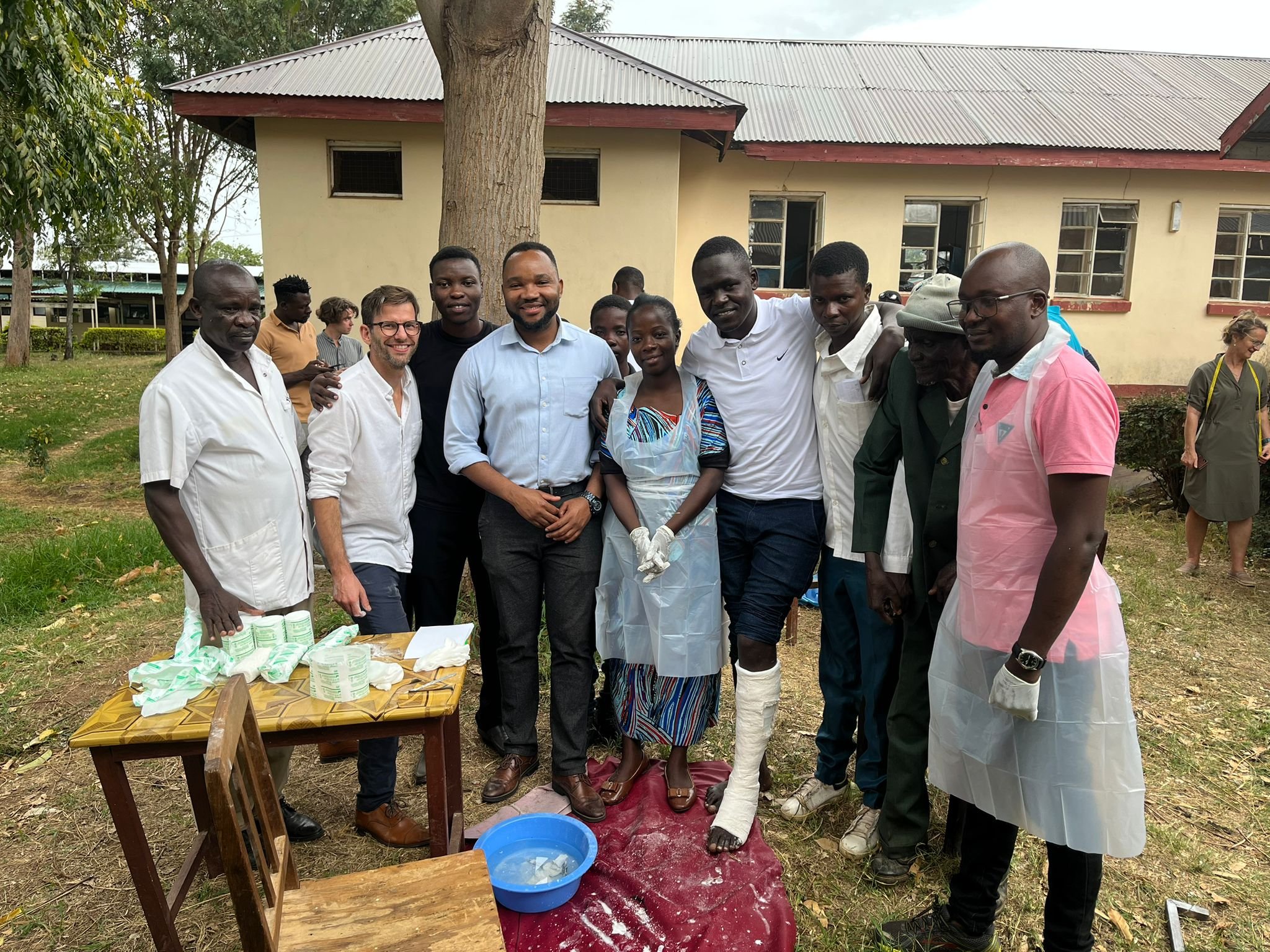Basics in Trauma course in Tanzania
Traditional bonesetters and hospital staff participating in the Casting workshop as part of the ‘Basics in Trauma’ course hosted at Shirati KMT Hospital.
Shirati, Tanzania - On 3-5 October 2023, Shirati KMT Hospital hosted the “Basics in Trauma” course, specially designed to bring together hospital professionals and traditional bonesetters in spirit of collaboration and mutual trust. This course is part of the "Building Bridges for Broken Bones" project supported by the Global Surgery Foundation (GSF) through its innovative catalytic funding mechanism, SURGfund, and implemented in collaboration with Shirati KMT Hospital, Shirati Foundation and the AO Alliance.
A total of 18 participants attended the course, including traditional bonesetters, clinical officers, nurses, and physiotherapist from neighbouring regions. The faculty consisted of three Tanzanian orthopaedic surgeons from the largest centres in Tanzanian, including Waja hospital in Geita, from Bugando Medical Center in Mwanza and the Muhimbili Orthopedic Institute, each linked with a Dutch counterpart. The diversity of participants offered different perspectives and greatly enriched the discussions.
“There was great enthusiasm from both the participants and the faculty, and respectful discussions between the informal and formal sector representatives”
The first day of the three-day course focused on the basics of fracture healing, X-ray interpretation and conservative management, with course materials provided by the AO Alliance.
Traditional bonesetters and hospital staff participating in the External Fixation Workshop as part of the “Basics in Trauma” course hosted at Shirati KMT Hospital.
Through interactive sessions, the traditional bonesetters were also given the opportunity to demonstrate their practice and discuss with the entire group.
The aim of the course was to nurture a team approach to orthopaedic care, while improving understanding on basic trauma principles and care. The second and third day included presentations on first aid and pain management, as well as a casting and external fixation workshop. The goal was to foster better understanding of the procedure, indications, risks and aftercare.
There was great enthusiasm from both the participants and the faculty, and respectful discussions between the informal and formal sector representatives. As a follow up to the course, the project team will conduct a study to evaluate the perspectives of the trauma course attendees, and examine how the course has impacted daily practices in the two months following its implementation.
Stay up to date!
Learn more about the project here
Read the previous project update
Learn more about SURGfund

